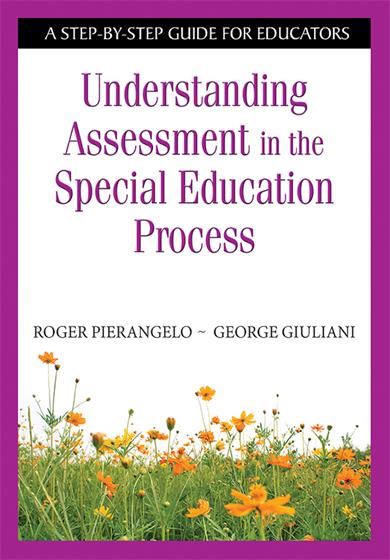Hands-on, Practical Guidance for Educators
From math,
literacy, equity, multilingual learners, and SEL, to assessment, school counseling,
and education leadership, our books are research-based and authored by experts
on topics most relevant to what educators are facing today.

Understanding Assessment in the Special Education Process
Build your knowledge of how the assessment process works!
This handbook provides clear information about the types of assessments that help determine student eligibility for special education services. Written by legal and special education experts, this guide defines disability categories and explains applicable federal regulations as they relate to the assessment process in special education. The authors outline a multidisciplinary approach for comprehensive evaluations based on observation, interviews, and testing. This indispensable resource clarifies the teacher's role in the referral process and covers:
- The components of a professional evaluation report
- Student behavior during assessment
- Making presentations to an Individualized Education Program committee
- Grade Level: PreK-12
- ISBN: 9781412917919
- Published By: Corwin
- Year: 2007
- Page Count: 136
- Publication date: November 19, 2007
Review Copies
Other Titles in: Special Education Assessment & Testing | Inclusive Education | Teaching Methods & Learning Styles


